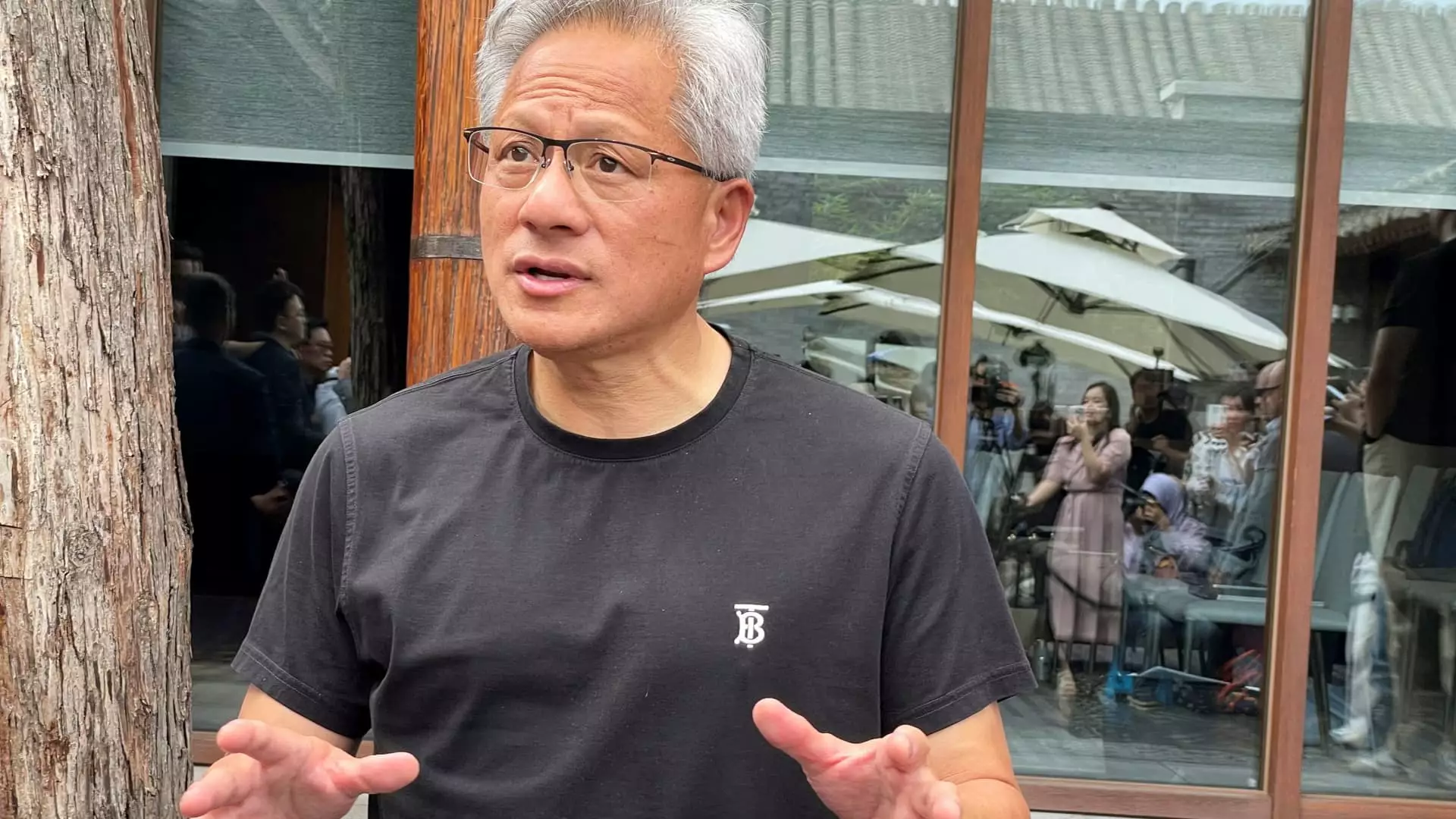In the midst of mounting international tensions, Nvidia has publicly dismissed Chinese government claims that its data center GPUs harbor malicious features—specifically, “kill switches” or backdoors that could be remotely activated by authorities. This stance underscores a core belief that technological innovation must remain free from politicized vulnerabilities. Nvidia’s assertion is clear: its hardware is designed with security and transparency at the forefront, and the notion of embedded backdoors fundamentally conflicts with global cybersecurity principles. This defense, however, does more than just address Chinese accusations; it signals Nvidia’s dedication to safeguarding its reputation amidst escalating geopolitical conflicts that threaten to politicize technology.
The Geopolitical Chess Game and the Tech Industry’s Dilemma
The debate around Nvidia’s chips illustrates a broader struggle—balancing national security concerns against the principles of free trade and open innovation. The Chinese regulator’s suspicions about backdoors are rooted in a desire to mitigate perceived risks of foreign hardware being weaponized for espionage or military advantage. Yet, Nvidia’s CEO Jensen Huang advocates for a global standard that consolidates the U.S. as a leader in AI hardware, a stance reflective of a center-right liberal approach that seeks economic growth without compromising security. The U.S. government’s export restrictions reveal how national interests can obstruct free commerce, yet also highlight the inherent tension between protecting sovereignty and fostering technological leadership.
Technical Security Versus Political Intrigue
The core issue at hand is the integrity of hardware security—backdoors and kill switches represent hypothetical threats, but their actual existence remains a fiercely contested point. Tech giants like Nvidia emphasize that the inclusion of such features would be inherently dangerous, risking their products falling prey to malicious actors. This is not just a matter of technical integrity; it’s an ideological stance emphasizing innovation within a framework of security. When a government demands access to hardware under the pretext of security, it raises concerns about setting precedents that could erode privacy and corporate confidentiality. Nvidia’s refusal to embed such features aligns with a pragmatic belief that security should enhance trust, not undermine it.
Power Dynamics and the Future of Global AI Leadership
Nvidia’s position is indicative of a larger strategic vision: cementing the U.S. as the dominant force in AI hardware globally, with China as both a key market and a competitor. With billions in revenue riding on the H20 chip, Nvidia recognizes the importance of maintaining unimpeded access to Chinese markets, even amid restrictions. This battle reflects a broader ideological dispute—should technological progress be driven by unfettered innovation, or should it be compromised by geopolitical strings? Nvidia’s refusal to back down exemplifies a belief that leadership in AI hinges on trust, transparency, and the ability to operate free from intrusive hardware restrictions.
The Ethical and Strategic Implications for Silicon Valley
At the core of this controversy lies a fundamental debate: should technological companies prioritize security and integrity over complying with government demands or catering to geopolitical tensions? Nvidia’s stance suggests that maintaining the trustworthiness of its hardware outweighs short-term gains from capitulating to political pressures. It also challenges government efforts to impose control through export restrictions and mandated backdoors, asserting that such measures threaten not only individual privacy but also the long-term competitiveness of U.S. technology. This unwavering position signals a commitment to the principles of free enterprise and cybersecurity, even in the face of aggressive foreign policies.
Risks and Rewards of Standing Firm
Nvidia’s bold response carries inherent risks—potential restrictions, market restrictions, or even diplomatic retaliation. However, by publicly defending its integrity, Nvidia aims to set a precedent that corporate security and independence should not be compromised for geopolitical convenience. The company’s stance reinforces the belief that true leadership in innovation depends on maintaining control over hardware security features without bowing to external pressure. As the world navigates a complex web of alliances, rivalries, and technological sovereignty, Nvidia’s approach could serve as a blueprint for other companies committed to ethical standards and the preservation of secure, trustworthy hardware.
Nvidia’s resistance acts as a form of quiet defiance—underlining that the future of AI hardware should not be dictated by nationalistic fears or political agendas but rather by a collective commitment to innovation, security, and transparency. This stance will undoubtedly influence how technology companies negotiate the tricky intersection of geopolitics and digital trust in the years to come.

